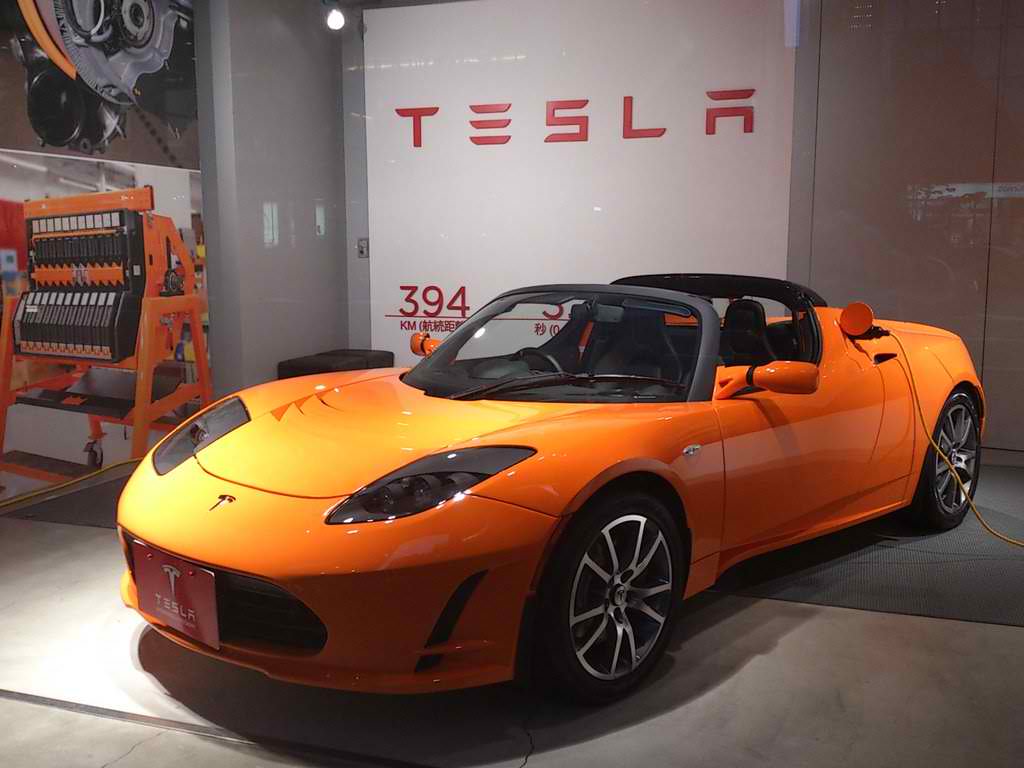 Tesla may have disrupted the auto industry, with its advanced electric drive technologies and an unusual business model based on direct car sales and online ordering, but a new report says that the company is already in a good position to rule the future market of shared driverless cars, as well. An analyst for Morgan Stanley has published a report that focuses on Tesla Motors and the way it is expected to evolve over the following years, predicting that Elon Musk’s company will embrace a future of shared mobility and will become the dominant force in shared transport.
Tesla may have disrupted the auto industry, with its advanced electric drive technologies and an unusual business model based on direct car sales and online ordering, but a new report says that the company is already in a good position to rule the future market of shared driverless cars, as well. An analyst for Morgan Stanley has published a report that focuses on Tesla Motors and the way it is expected to evolve over the following years, predicting that Elon Musk’s company will embrace a future of shared mobility and will become the dominant force in shared transport.
According to analyst Adam Jones, Tesla will reinvent its business model, shifting its focus to fully-autonomous vehicles, and will have a major contribution to the transformation that the auto industry is headed towards, which will involve an increased focus on shared mobility, slowly pushing away the traditional concept of privately-owned vehicles. In a note he recently wrote, Jones claims that Tesla will become a key player in the auto industry soon, as driverless cars that are shared among consumers, instead of being owned by individuals, become commonplace.
“Given the pace of technological development both within Tesla and at rival technology and mobility companies, we would be surprised if Tesla did not share formalized business plans on shared mobility within the next 12 to 18 months. This could potentially be followed by commercial introduction in 2018, shortly after the launch of the Model 3, which we think could form the backbone of a possible Tesla Mobility 1.0 urban transport PODS (Position on Demand Service) in 2018,” writes Jones, adding that Tesla could see its revenues triple by 2029 by adding shared autonomous cars to its business model.
In light of these optimistic predictions, Jones raised the price target on Tesla from $280 per share on the stock to $465, which is a 66% increase.
One of the reasons why Jones believes that Tesla could be leader in the emerging market of shared autonomous cars is that it’s the only automaker whose entire fleet consists of fully-electric cars that are connected to each other and can be wirelessly updated with new features on a regular basis. “100% of Tesla’s cars are electric, connected, and able to ‘learn’ through over-the-air firmware updates at any time,” Jonas writes. “No other established automaker can claim this today. As we have written for sometime, we expect all car companies would eventually see nearly 100% of their revenues shift from the sale of human-driven/individually-owned cars to robot-driven/shared cars,” he writes.
The fact that Tesla owns and operates an extensive charging network, which is a great basis for a successful fleet management in a shared mobility business model, only adds to the company’s potential for dominance in a radically transformed auto industry in the future, Jones says.
In a word, Morgan Stanley’s analyst is quite confident that Tesla is headed towards a significant change to its business model and is poised to become the leading force pushing the auto industry towards a future that will revolve around shared mobility.